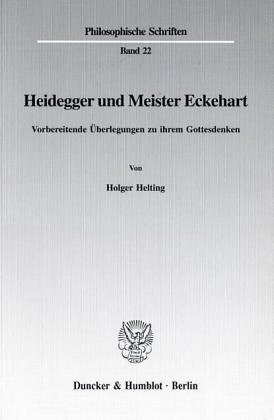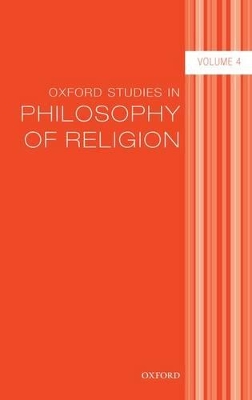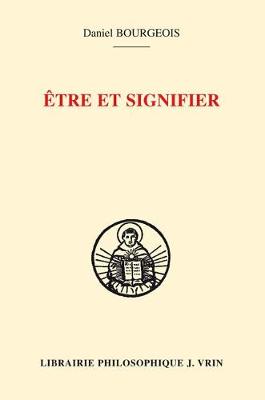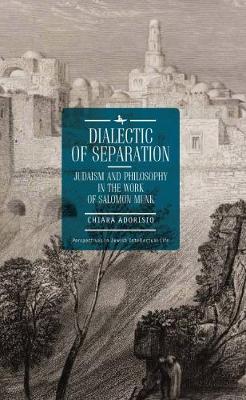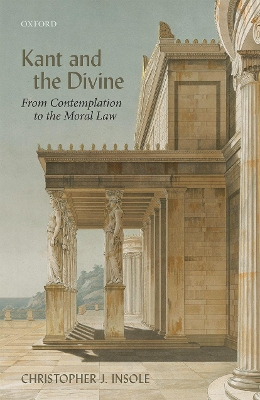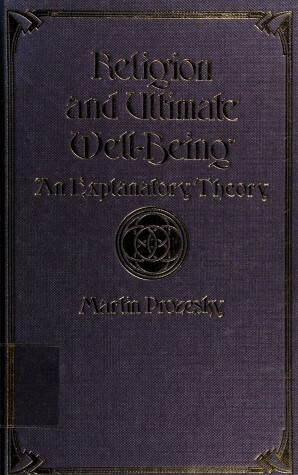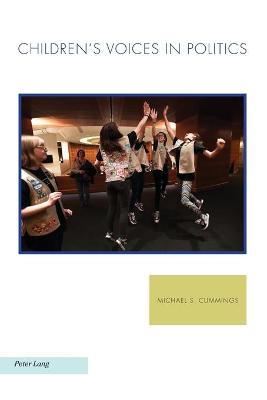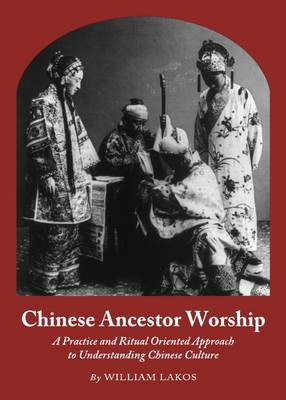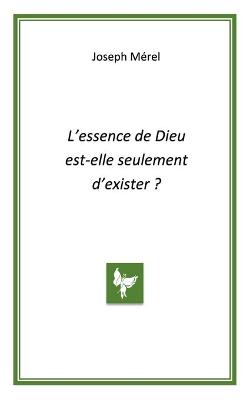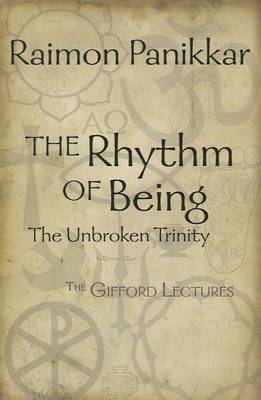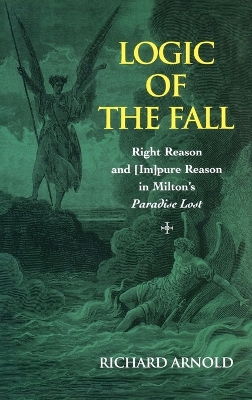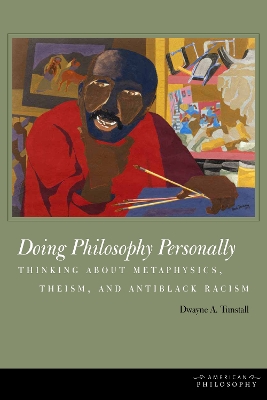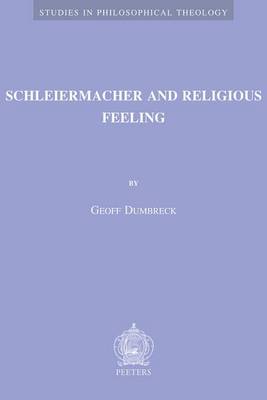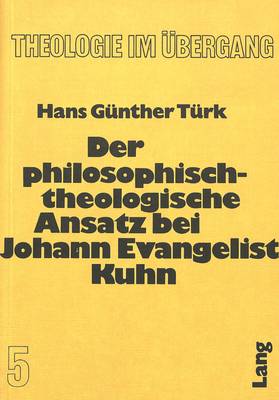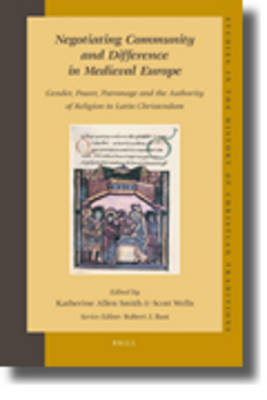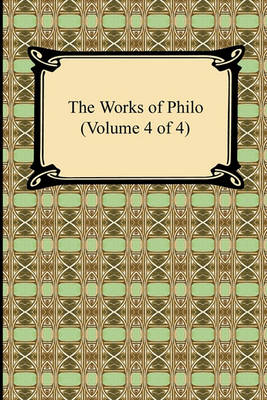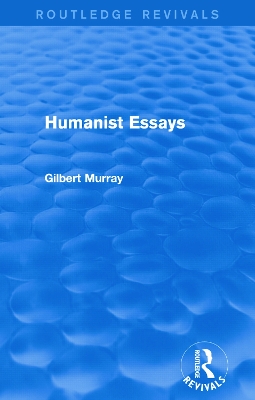Heidegger Und Meister Eckehart (Philosophische Schriften, #22)
by Holger Helting
Ethik Des Selbstbewusstseins: Der Andere in Der Idealistischen Grundlegung Der Philosophie (Philosophische Schriften, #31)
by Georg Rompp
Oxford Studies in Philosophy of Religion Volume 4 (Oxford Studies in Philosophy of Religion)
Oxford Studies in Philosophy of Religion is an annual volume offering a regular snapshot of state-of-the-art work in this longstanding area of philosophy that has seen an explosive growth of interest over the past half century. Under the guidance of a distinguished editorial board, it publishes exemplary papers in any area of philosophy of religion.
Dialectic of Separation (Perspectives in Jewish Intellectual Life)
by Chiara Adorisio
Salomon Munk (1803-1867) belonged to a group of German-Jewish scholars who pioneered the systematic study of Arabic, Judeo-Arabic and Islamic philosophy in Western Europe in the nineteenth century, as part of a movement that came to be known as the Science of Judaism. The Science of Judaism applied the tools of modern science (in particular philology) to the study of Judaism, seeking to shed light on its manifold aspects and historical contexts-an undertaking which eventually led to the birth of...
Overcoming Onto-Theology (Perspectives in Continental Philosophy)
by Merold Westphal
Overcoming Onto-theology is a stunning collection of essays by Merold Westphal, one of America's leading continental philosophers of religion, in which Westphal carefully explores the nature and the structure of a postmodern Christian philosophy. Written with characteristic clarity and charm, Westphal offers masterful studies of Heidegger's early lectures on Paul and Augustine, the idea of hermeneutics, Schleiermacher, Hegel, Derrida, and Nietzsche, all in the service of building his argument th...
The book offers a definitive study of the development of Kant's conception of the highest good, from his earliest work, to his dying days. Insole argues that Kant believes in God, but that Kant is not a Christian, and that this opens up an important and neglected dimension of Western Philosophy. Kant is not a Christian, because he cannot accept Christianity's traditional claims about the relationship between divine action, grace, human freedom and happiness. Christian theologians who continue...
Children's Voices in Politics (Ralahine Utopian Studies, #19)
by Michael S. Cummings
Is the official political silencing of children in a democracy rational and just, or is it arbitrary and capricious? How might democratic polities benefit from the political engagement and activism of young people? Michael Cummings argues that allowing children equal political rights with adults is required by the basic logic of democracy and can help strengthen the weak democracies of the twenty-first century. A good start is for governments to honor their obligations under the ambivalently uto...
This book is a new approach to how we in the West understand China and Chinese culture. It challenges the master narrative of Confucianism and shows that ancestor worship has underpinned Chinese culture in many influential and vital ways and provides a nuanced and more efficacious paradigm through which Chinese culture may be viewed.It is an exposition and analysis of Chinese ancestor worship and its correlations, especially filial piety and ritual, and it shows the intrinsic importance of ances...
Gabriel Marcel’s reflective method is animated by his extraphilosophical commitment to battle the ever-present threat of dehumanization in late Western modernity. Unfortunately, Marcel neglected to examine what is perhaps the most prevalent threat of dehumanization in Western modernity: antiblack racism. Without such an account, Marcel’s reflective method is weakened because it cannot live up to its extraphilosophical commitment. Tunstall remedies this shortcoming in his eloquent new volume.
Schleiermacher and Religious Feeling (Studies in Philosophical Theology, v.49)
by Geoff Dumbreck
Religious feeling lies at the heart of Schleiermacher's theology. In his earliest monograph, the Speeches, he famously writes that "religion's essence is neither thinking nor acting but intuition and feeling." He portrays religious feeling as an eternal and universal state of consciousness, which cannot be generated by individuals, the world or anything within it, but must have a transcendent "whence", namely God. Yet his critics have often missed this point, assuming that his emphasis on feelin...
Der Philosophisch-Theologische Ansatz Bei Johann Evangelist Kuhn (Theologie Im Eubergang, #5)
by Hans Gunther Turk and Hans Geunther Teurk
Unter den Theologen der -Katholischen Tubinger Schule- hat sich Johann Evangelist Kuhn (1806-1887) besonders intensiv mit der neueren Philosophie, aber auch der evangelischen Theologie auseinandergesetzt. Seine Gesprachspartner sind vor allem Kant, Jacobi, der -Deutsche Idealismus- und Schleiermacher. Spater kommt noch die Auseinander- setzung mit der aufkommenden Neuscholastik hinzu. Die dabei von Kuhn entwickelten philosophischen und theologischen Argumentationen kritisch zu untersuchen ist da...
Negotiating Community and Difference in Medieval Europe (Studies in the History of Christian Traditions, #142)
This collection builds on the foundational work of Penelope D. Johnson, John Boswell's most influential student outside queer studies, on integration and segregation in medieval Christianity. It documents the multiple strategies by which medieval people constructed identities and, in the process, wove the boundaries of inclusion and exclusion among various individuals and groups. The collection adopts an interdisciplinary approach, encompassing historical, art historical, and literary perpsectiv...
Humanist Essays (Routledge Revivals) (Routledge Revivals) (U.Books)
by Gilbert Murray
First published in 1964, this is a short collection of both literary and philosophical essays. Whilst two essays consider Greek literature written at the point at which the Athenian empire was breaking apart, another group explore the background from which Christianity arose, considering Paganism and the religious philosophy at the time of Christ. These, in particular, display Gilbert Murray’s ‘profound belief in ethics and disbelief in all revelational religions’ as well as his conviction that...
